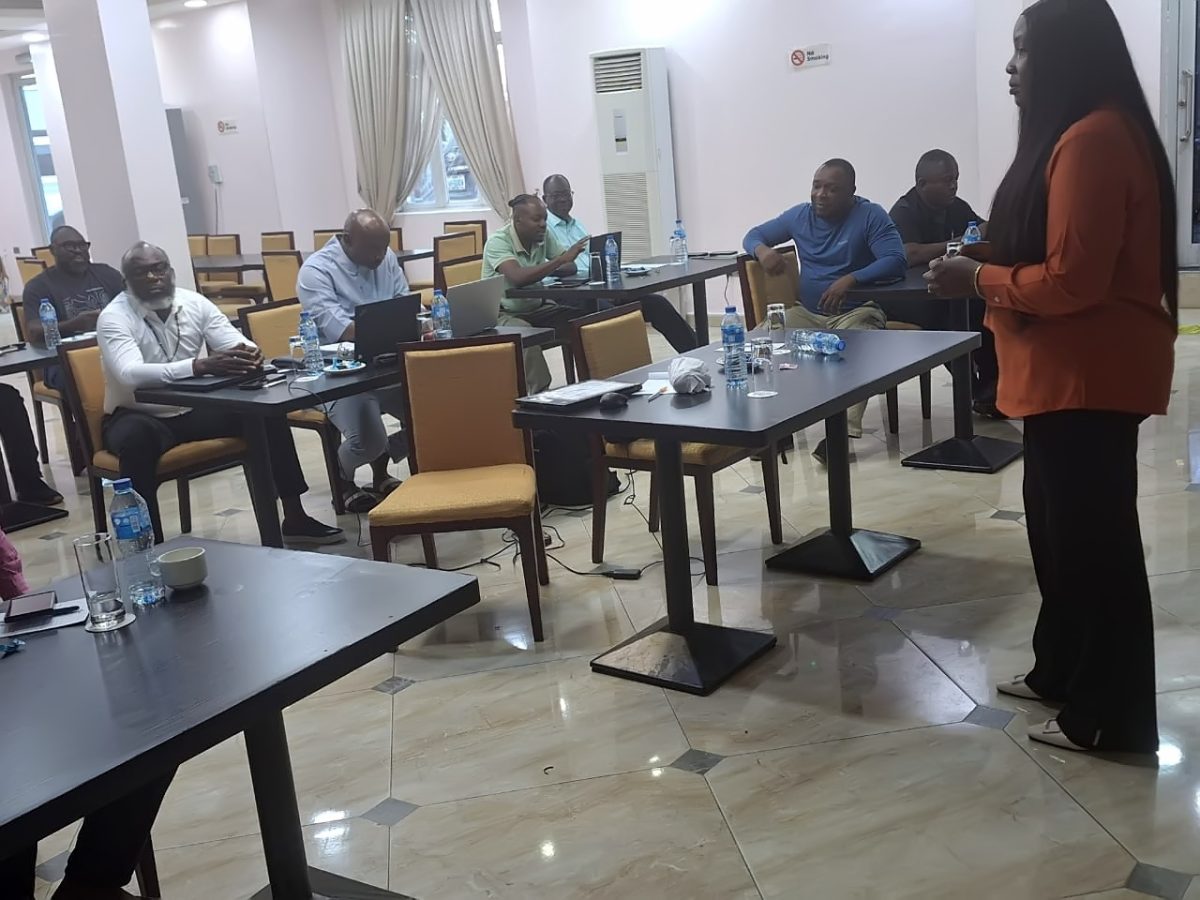The world has faced various socio-economic crises, prompting workers to demand pay raises and improved benefits. In contrast, management strives to sustain productivity and remain competitive through cost-cutting measures, further exacerbating the tension in many workplaces. Arbitration and litigation are often used to resolve labor-management issues, but these options leave both parties exhausted and with damaged relationships.
Drilling down into the local productive platforms are workplaces in the oil and industry in Nigeria that are quickly becoming petri dishes for nurturing conflicts. No thanks to the COVID-19 pandemic, the Russian-Ukrainian war, the turmoil in the Middle East, crude oil well shut-ins, crude oil thefts, vandalism of petroleum pipelines, escalating inflation, the inability to meet expected daily production and OPEC quotas, crude oil price volatility and its attendant effects on petroleum products pricing, tariff wars and their consequential effects on production, etc.
Complicating labor-management relations are issues stemming from the increasing complexity of employment contracts due to emerging trends, outsourcing with intricate third-party triangular policies, and technological shifts. These challenges have resulted in divestments, buy-outs, asset sales, mergers, and acquisitions, which have also caused redundancies and downsizing.
We can make a difference by utilizing soft skills in leadership training applications to assist union leaders in honing their skills in the workplace. That was achieved practically with the Escravos Chapter of the Petroleum and Natural Gas Senior Staff Association of Nigeria (PENGASSAN) in a one-day retreat at the Bon Hotel Hyatt, Ekpan, Delta State, Nigeria on May 6, 2025.
Some of the topics discussed include, but are not limited to:
- Effective Communication for Union Leaders.
- Basics of Union Leadership and Striking a Balance
- Leadership Types and Competencies
- Overview of the Oil and Gas Industry
- Conflict Resolution Skills
The Chapter Executive Committee, National and Branch Officers, and selected non-Executive Committee members attended the program. It allowed the Executive Committee members to enhance their leadership and relationship skills in managing the expectations of their members and management. The program was deemed top-notch, and we are grateful for the opportunity to share our knowledge.

